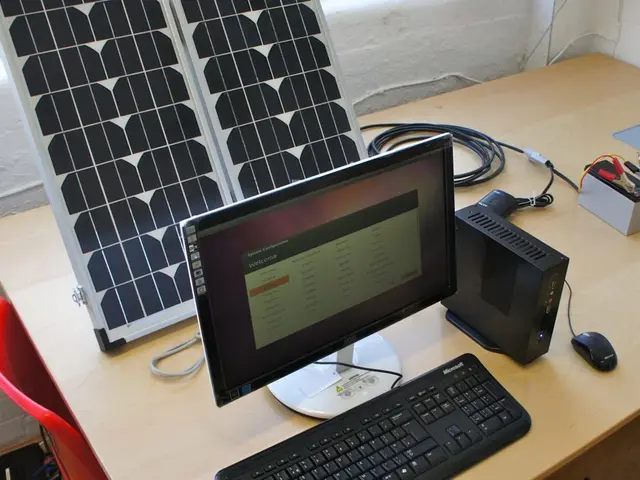California Governor Vetoes AB 44, Threatening $200M Energy Savings
California Governor Gavin Newsom has vetoed AB 44, a bill designed to save electricity through demand-side resources in the United States. The move risks the end of a $200 million energy cost savings program and could hinder the state's goal of shifting 7 GW of load by 2030.
AB 44 allowed state agencies and the California Independent System Operator (CAISO) to set requirements and protocols for demand-side resources in the USA. It aimed to build on the success of a grid reliability and virtual power plant program, which reduced overloaded feeder counts by over half when California's load management standard peak reduction was applied.
Newsom, however, vetoed the bill, stating it did not align with the California Public Utility Commission's Resource Adequacy framework. This decision has drawn criticism from Edson Perez of Advanced Energy United, who believes it missed an opportunity to advance cost-saving energy policies. The veto can be overridden by a two-thirds vote in both the Assembly and Senate, but this has not occurred in 25 years.
Meanwhile, AB 740, which requires collaboration for a virtual power plant deployment plan, is still awaiting Newsom's decision. This comes as the California Energy Commission has set a statewide goal of 7 GW of load shift by 2030.
The veto of AB 44 and the pending decision on AB 740 could significantly impact California's energy landscape. With the potential loss of $200 million in energy cost savings and the state's ambitious load shift goal, lawmakers and the governor must work together to ensure the state's energy future remains secure and affordable.
Read also:
- The Cost of Speech is Zero, True Strength Lies in Unity
- Aiming to simplify the move towards cleaner automobiles, the newly established ministry plans to take direct action with Pannier-Runacher, Létard, and Vautrin at the helm.
- Fürth District's 2025 City Cycling Event Sets New Records
- "The imperfect yet essential documentary, "Planet of the Humans," raises challenging and uncomfortable inquiries"







